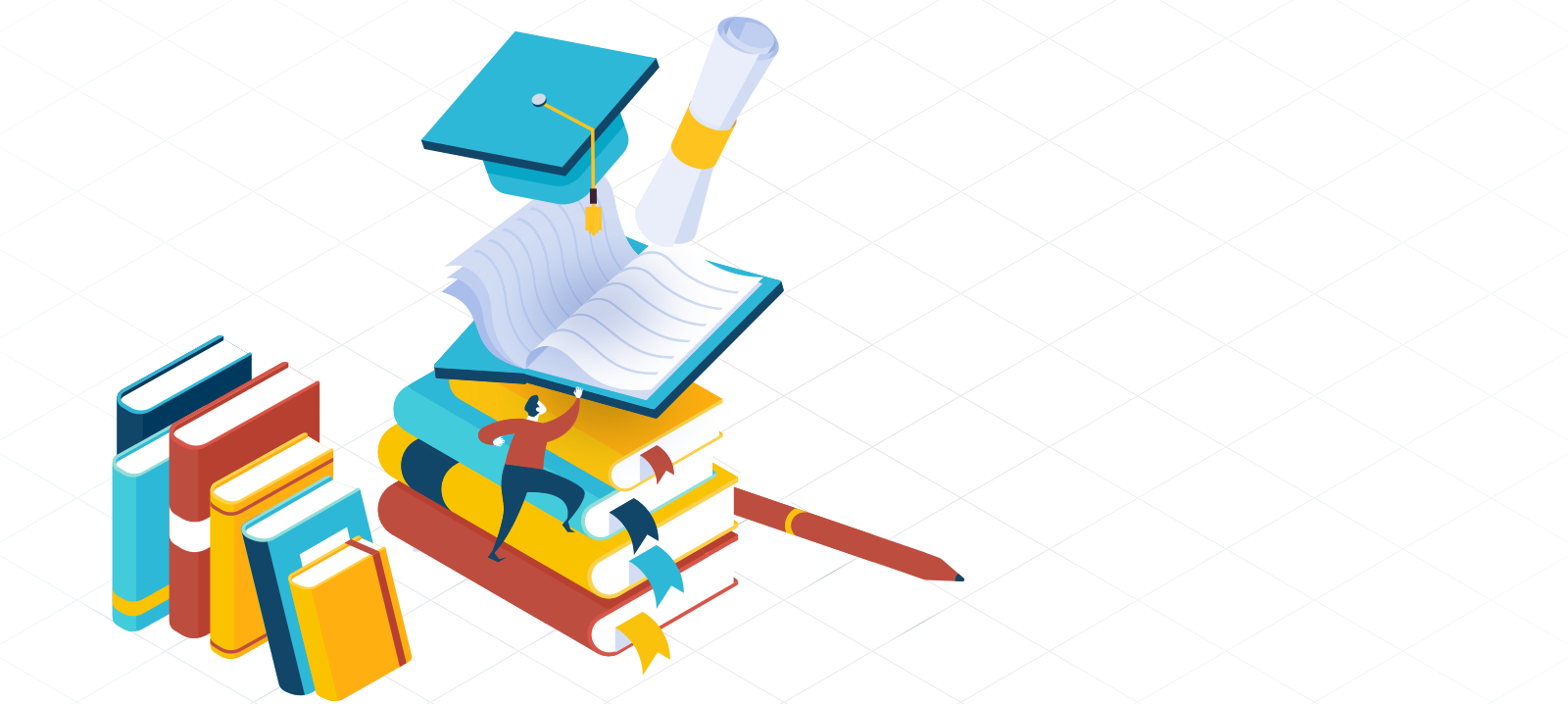What Is the Importance of a Balanced Diet?
A balanced diet is essential for maintaining good health, energy, and longevity. It provides your body with the necessary nutrients it needs to function efficiently and stay healthy. Many people talk about eating right, but few truly understand the importance of a balanced diet and how it impacts every part of our life—from our physical well-being to our mental health.
In this article, you’ll learn about the benefits of a balanced diet, its components, and why it is important for daily health and wellness. Whether you’re trying to lose weight, stay fit, or simply feel better, a healthy eating plan based on balance and variety can make a world of difference.
What Is a Balanced Diet?
A balanced diet means eating the right proportions of different food groups so your body gets all the nutrients it needs for proper growth and energy. It includes carbohydrates, proteins, fats, vitamins, minerals, fibre, and water—each playing a vital role in maintaining body functions.
A balanced diet meaning can be understood as consuming a mix of foods that fulfil all nutrient requirements without excessive intake of fats or sugars. For example, a plate containing rice or whole grains, vegetables, lean proteins, and healthy fats represents a balanced meal.
The components of a balanced diet include:
-
Fruits and vegetables – for vitamins, minerals, and antioxidants
-
Whole grains – for fibre and energy
-
Proteins – for muscle repair and growth
-
Healthy fats – for brain and heart health
-
Dairy or calcium sources – for strong bones and teeth
-
Water – to keep the body hydrated and functioning properly
1. Importance of Balanced Diet for Energy and Growth
The role of a balanced diet in the human body is to supply the energy needed for everyday activities. Carbohydrates act as the body’s primary energy source, while proteins build and repair tissues. Healthy fats also provide energy and support the absorption of vitamins.
For instance, eating oatmeal for breakfast, grilled chicken for lunch, and a vegetable-rich dinner can give your body a continuous flow of energy. This helps maintain productivity, supports growth, and ensures physical and mental performance.
Maintaining a balanced diet for good health is particularly important for children and teenagers, as it aids their growth and development.
2. Strengthens the Immune System
A balanced diet plays a major role in building a strong immune system. Nutrient-rich foods like citrus fruits, spinach, carrots, and nuts are packed with vitamins C, E, and zinc, which protect the body from infections.
Including immune-boosting foods in your daily healthy diet plan ensures that your body has the defences it needs to fight viruses and bacteria. Without these nutrients, your immunity weakens, making you more prone to illness.
The importance of nutrition for immunity cannot be overstated—what you eat directly affects your body’s ability to heal and defend itself.
3. Supports Mental Health and Brain Function
Many people overlook how nutrition and a balanced diet affect mental health. Eating foods rich in omega-3 fatty acids, B vitamins, and amino acids can help improve concentration, reduce stress, and boost mood.
For example, salmon, walnuts, eggs, and whole grains are excellent for brain health. They improve cognitive performance and protect against mental fatigue.
The importance of eating healthy food extends beyond the body—it also supports emotional balance and mental clarity.
Studies show that people who follow a healthy lifestyle and balanced diet are less likely to suffer from depression, anxiety, and memory problems.
4. Helps Maintain a Healthy Weight
Another key benefit of a balanced diet is maintaining a healthy weight. A proper balance of carbohydrates, proteins, and fats prevents overeating and helps control hunger.
Eating balanced diet examples like grilled fish with vegetables or brown rice with lentils ensures your body gets nutrients without excess calories. Avoiding processed and sugary foods further helps in weight management through diet.
The importance of balanced diet in maintaining healthy body weight is vital for reducing the risk of obesity and related diseases such as diabetes and heart conditions.
5. Prevents Lifestyle Diseases
A balanced diet can prevent chronic diseases like hypertension, diabetes, and obesity. By eating foods low in sugar, sodium, and unhealthy fats, you reduce the risk of heart disease and high cholesterol.
Including fibre-rich foods such as oats, legumes, and vegetables supports heart health and helps maintain stable blood sugar levels. The importance of balanced diet for mental and physical well-being also comes from its ability to prevent long-term health issues caused by poor eating habits.
6. Improves Digestion and Gut Health
Fibre plays a major role in digestion. Foods like whole grains, fruits, and vegetables aid digestion and promote the growth of healthy gut bacteria. This is essential for absorbing nutrients efficiently and maintaining overall wellness.
A balanced diet food list that includes fibre prevents constipation and other digestive issues. Remember, a healthy gut equals a healthy body.
7. Enhances Skin, Hair, and Bone Health
A balanced diet not only helps you feel good but also makes you look good. Vitamins like A, C, E, and minerals like zinc and biotin contribute to glowing skin, shiny hair, and strong nails.
Calcium and vitamin D, found in milk, yoghurt, and leafy greens, are vital for strong bones and teeth. Following a balanced diet chart can naturally improve your physical appearance and bone strength over time.
8. Balanced Diet for Students and Working Professionals
The importance of balanced diet for students is undeniable—it improves memory, concentration, and learning ability. A nutritious breakfast helps students perform better academically and stay alert throughout the day.
For working adults, a healthy eating habit supports energy levels, reduces fatigue, and enhances productivity. Skipping meals or relying on junk food can lead to low energy and poor focus.
9. How to Maintain a Balanced Diet Daily
Maintaining a well-balanced diet does not need to be complex. Here are a few simple tips to help you begin:
Eat a variety of foods from all food groups daily.
Include fruits and vegetables in every meal.
Drink at least 8 glasses of water daily.
Avoid processed, fried, and sugary foods.
Watch portion sizes to prevent overeating.
Plan meals using a balanced diet chart for proper nutrition.
A daily healthy diet plan ensures you get all nutrients without excess calories or deficiencies.
10. Long-Term Benefits of a Balanced Diet
The long-term benefits of a balanced diet include:
Better immunity and reduced risk of chronic diseases.
Improved mental clarity and focus.
Stronger muscles, bones, and teeth.
Healthy digestion and metabolism.
Longer lifespan and better quality of life.
These benefits show the importance of balanced diet in human life, making it one of the simplest yet most powerful ways to achieve health and happiness.
Conclusion
The importance of a balanced diet lies in its ability to support every function of the human body—from energy production to mental stability. It provides the foundation for a healthy lifestyle by offering the right nutrients in the right amounts.
Following a balanced diet helps you stay energetic, maintain a healthy weight, strengthen your immune system, and prevent diseases. Remember, good nutrition is not about eating less—it’s about eating smart.
Start making small, mindful changes today, and you’ll soon notice the difference in your health, mood, and energy.
Frequently Asked Questions (FAQs)
1. What are the main benefits of a balanced diet?
A balanced diet helps maintain energy, supports immune function, prevents diseases, improves digestion, and enhances overall well-being.
2. What happens if you don’t eat a balanced diet?
Lack of a balanced diet can lead to nutrient deficiencies, fatigue, weak immunity, poor concentration, and long-term diseases like diabetes or obesity.
3. How to follow a balanced diet every day?
Eat meals that include fruits, vegetables, proteins, whole grains, and healthy fats. Drink plenty of water and limit processed food intake.
4. Can a vegetarian diet be balanced?
Yes, a vegetarian diet can be balanced when it includes lentils, beans, nuts, seeds, whole grains, fruits, and vegetables to meet nutritional needs.
5. Why is a balanced diet important for students?
A balanced diet improves focus, memory, and academic performance, giving students the energy they need for study and play.
6. What foods should I include in a balanced diet?
Include lean proteins, fruits, vegetables, whole grains, nuts, seeds, dairy, and plenty of water.
7. How does a balanced diet help in weight control?
It keeps you full longer, prevents overeating, and supports fat loss while maintaining muscle mass.
8. How can I create a balanced diet plan at home?
Use a balanced diet chart or meal plan that includes all food groups, adjust portions according to your activity level, and choose fresh, unprocessed foods.


















0 comments:
Post a Comment